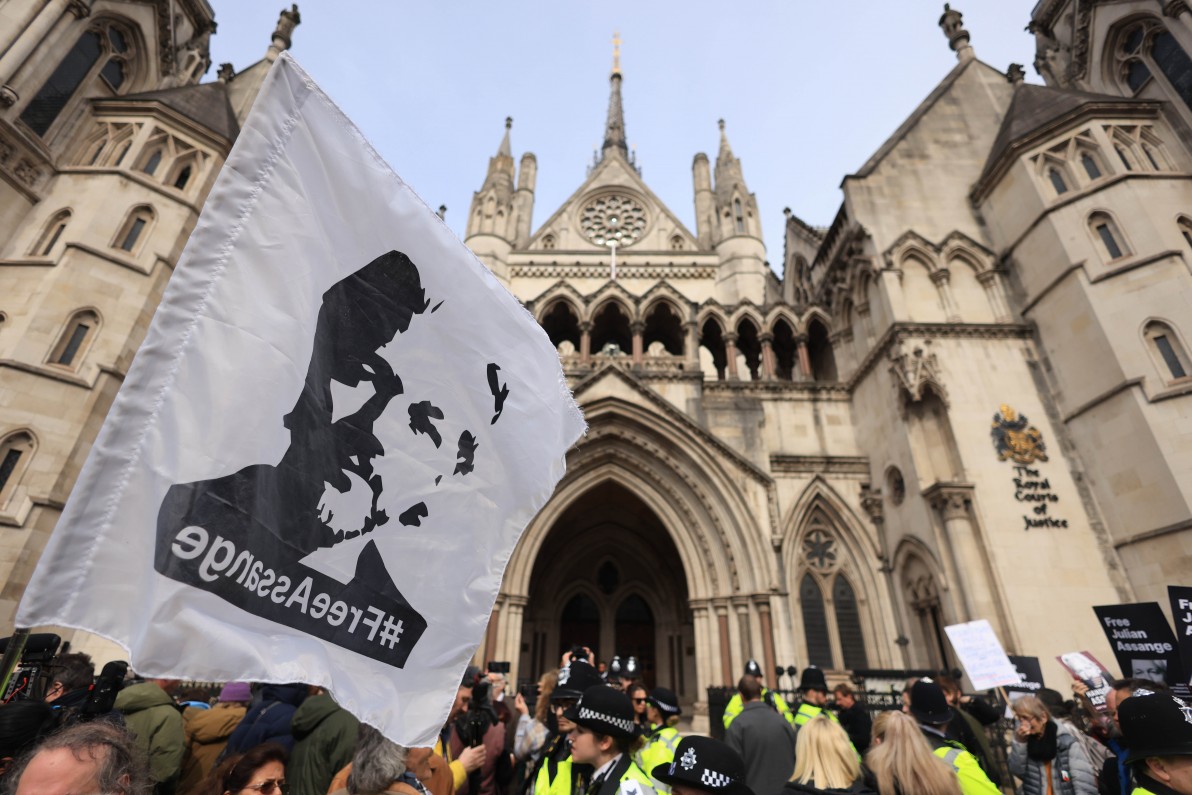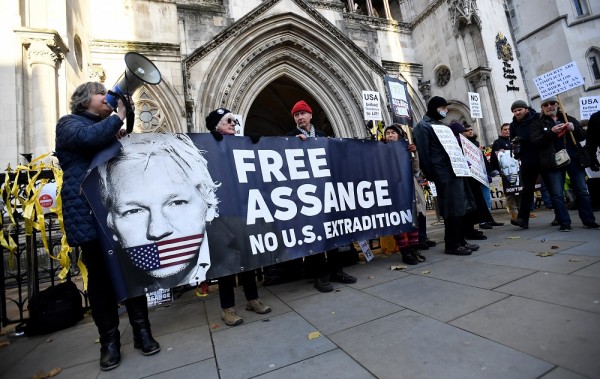The UK High Court has postponed a decision on whether to allow WikiLeaks founder Julian Assange to further appeal his pending extradition to the United States, requesting U.S. authorities to first provide additional guarantees about his treatment. The decision effectively means Assange cannot be immediately extradited.
The court indicated it would grant further appeal unless the U.S. authorities provided satisfactory assurances that they would not pursue the death penalty and that Assange could rely on the First Amendment in his defence.
Assange has been the center of a years-long legal battle, with the U.S. government seeking to prosecute him for his role in publishing classified military and diplomatic documents. Assange could face up to 175 years in jail if convicted on all 17 charges.
While IPI welcomes the High Court’s ruling as a temporary reprieve from extradition, we repeat our calls on the U.S. government to drop espionage charges against Assange and on the UK authorities to block his extradition.
Assange’s prosecution under Espionage Act establishes a serious and unacceptable risk for the media’s right to gather and publish information in the public interest. At stake are core principles of press freedom and the right to information. This case sets a precedent that could be used to target journalists and criminalize core newsgathering activities. It has the potential to cast a chilling effect over national security reporting in the U.S. and around the world.
As the next hearing has been scheduled for May 20, IPI calls on the international community to condemn the espionage charges against Assange and intensify efforts to protect press freedom and the right to information.



